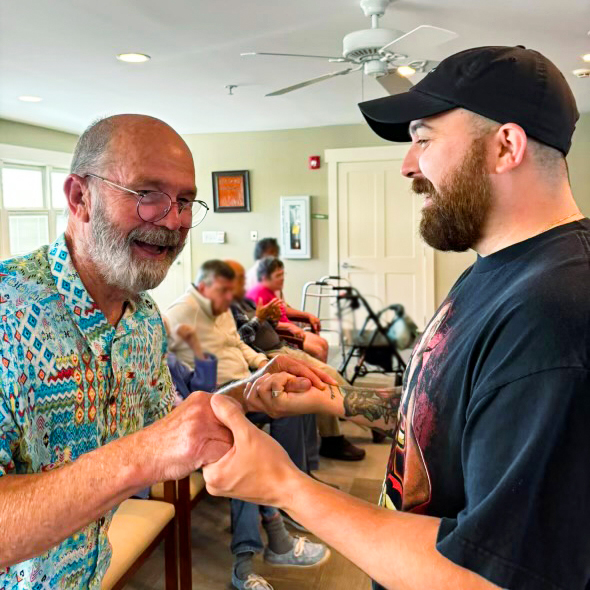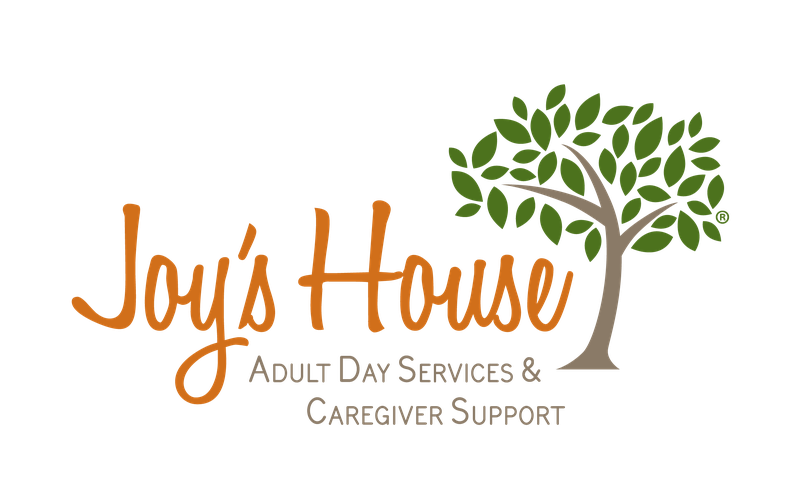
Starting Strong as a New Caregiver: Six Essential Steps
Becoming a caregiver is a role many of us step into unexpectedly. It can feel overwhelming, filled with questions, emotions, and new responsibilities. But while caregiving can be challenging, it’s also deeply meaningful and impactful. You’re not alone in this journey, and there’s support available to help you navigate it. Whether you’re just beginning or seeking a fresh perspective, these six steps can guide you as you start strong in your caregiving role.
1. Learn About the Diagnosis
Knowledge is power, but it’s okay to start small. Focus on understanding the basics of your loved one’s diagnosis—what it means, how it affects daily life, and what to expect. You don’t need to become an expert overnight. Take it one question at a time and seek trusted resources. Understanding the essentials will help you feel more prepared and confident as you move forward.
2. Build Your Support Team
Caregiving isn’t a solo act, and it’s important to lean on others for help. Reach out to family, friends, or a local support group and let them know how they can assist you. Be specific about your needs, whether it’s running errands, providing companionship for your loved one, or just being there to listen. Building a support team can ease the load and remind you that you’re not alone.
3. Write Down Your Questions
Doctor’s appointments and care discussions can be overwhelming, especially when emotions run high. Writing down your questions ahead of time can help you stay organized and ensure that you leave each appointment feeling informed. Keep a notebook or use a notes app on your phone to jot down concerns as they come to mind. This simple step can help you feel more confident and in control.
4. Take Care of Yourself
It’s easy to pour all your energy into caregiving and forget about your own needs. But your well-being is just as important. Make a list of small things that bring you joy, whether it’s a quiet walk, reading a book, or having a cup of coffee in peace. Schedule time for these moments, no matter how busy life gets. Remember, taking care of yourself isn’t selfish—it’s essential to being the best caregiver you can be.
5. Tune In to Caregiver Crossing
For practical advice, encouragement, and stories from others who understand the caregiving journey, tune in to our radio show, Caregiver Crossing, on WIBC 93.1. It’s a space where caregivers can find support, learn new strategies, and feel a sense of community. You can also listen online anytime at https://joyshouse.org/caregiver-support/#caregiver-crossing.
6. Talk to Someone You Trust
Caregiving can bring up a range of emotions—stress, sadness, joy, and everything in between. Sharing your feelings with someone you trust can make a big difference. Whether it’s a friend, family member, or professional counselor, talking things through helps lighten the emotional load. You don’t have to carry everything by yourself.
Moving Forward
Starting as a caregiver is a big step, but you’re capable and resilient. Every journey begins with small steps, and these six can help you build a strong foundation for the road ahead. Caregiving is not just about providing care; it’s about creating moments of connection, love, and understanding.
What advice helped you when you began your caregiving journey? Explore more insights and find inspiration from caregivers who’ve been there. Go to http://visitcaregiverway.com and discover tools and stories to guide you on your caregiving journey.
Sign-Up for the Joy's House Newsletter!
Join our community and get updates straight to your inbox.





